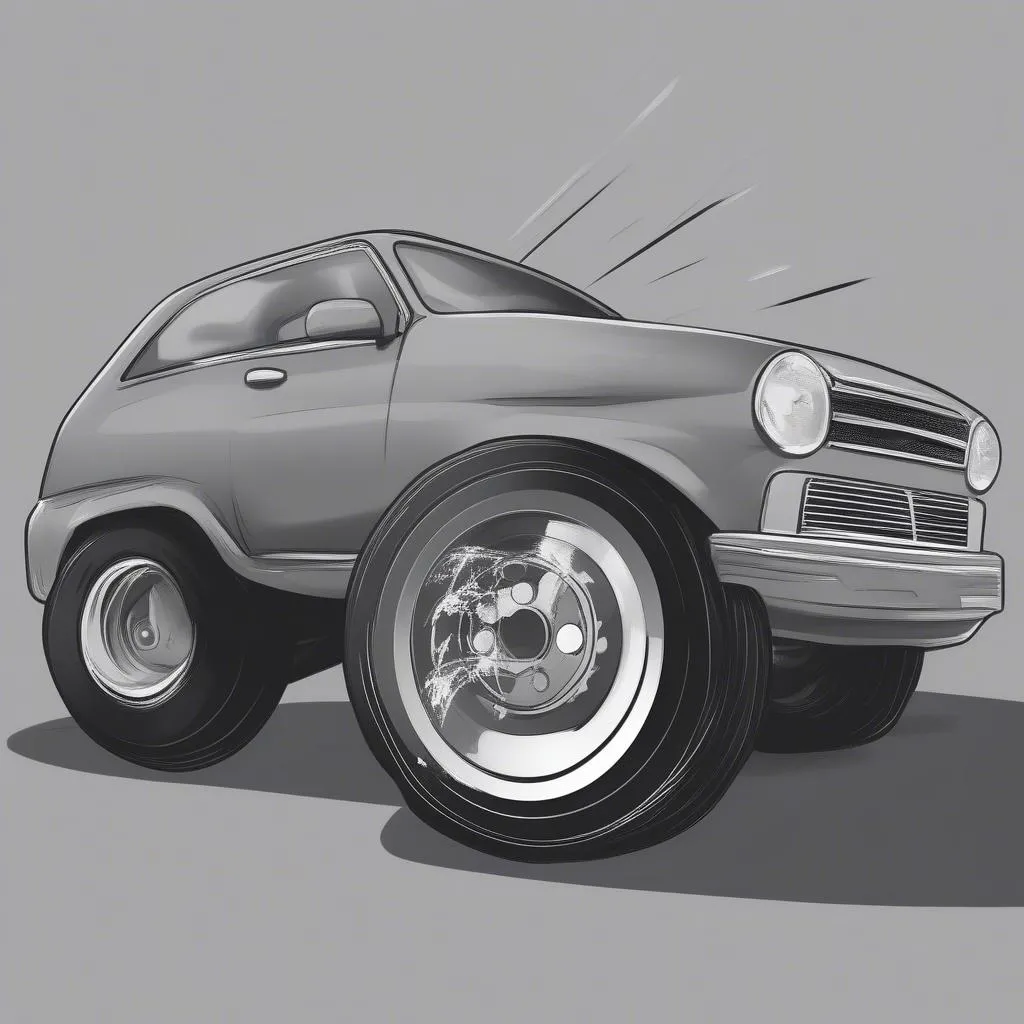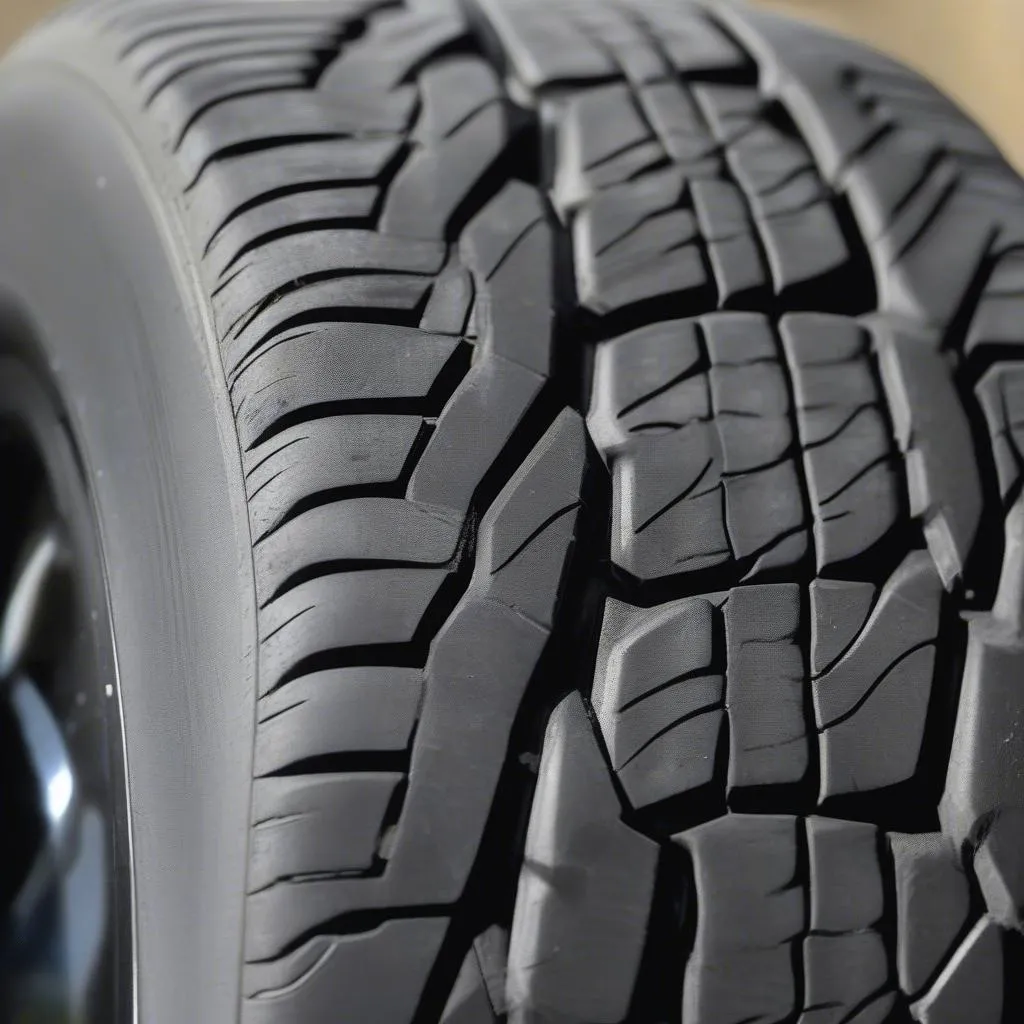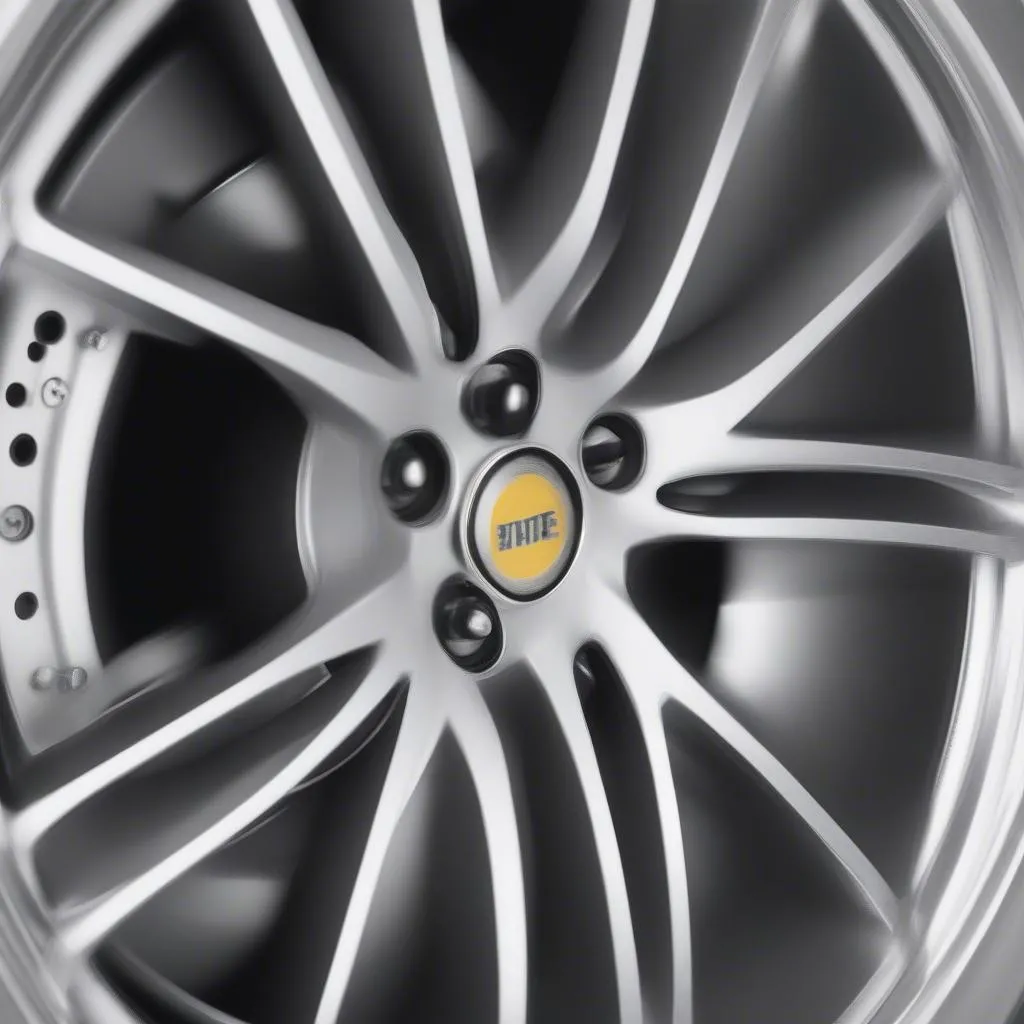Have you ever been cruising down the highway, enjoying the open road, when suddenly your car starts shaking uncontrollably? It’s a terrifying experience, and it can leave you wondering what’s wrong with your vehicle. Fortunately, most car shakes at high speed are not serious and can be fixed with a bit of attention. Let’s delve into the common causes, what you can do to fix them, and why this issue is a common concern for many drivers.
Understanding Car Shakes at High Speed
Car shakes at high speed are generally caused by a problem with the vehicle’s suspension, wheels, or tires. This issue can also be caused by a problem with the engine or drivetrain, especially if the shaking is accompanied by other symptoms such as a loss of power.
Technical Perspective
From a technical standpoint, a shaking car at high speed can be attributed to imbalances in the rotational forces of the vehicle’s wheels. Imagine a spinning top; if it is perfectly balanced, it will spin smoothly. But, if there is a weight imbalance, the top will wobble. The same principle applies to your car. Even a small imbalance in the weight of your wheels can cause the car to shake at high speeds.
Financial Perspective
Fixing a car that shakes at high speed can be an unexpected expense, adding another layer of stress to any car owner. Fortunately, many of these issues can be resolved with relatively simple repairs. In some cases, the issue may be a simple tire rotation or wheel balancing, while in others, it may involve replacing parts like worn-out suspension components.
Common Causes of Car Shakes at High Speed
Here are some of the most common causes of car shakes at high speed:
1. Unbalanced Wheels:
This is the most common cause of car shakes at high speed. When a wheel is unbalanced, it means that the weight is not evenly distributed around the rim. This causes the wheel to wobble as it spins, which can lead to shaking in the steering wheel and the entire car. It’s like a spinning top that wobbles because its weight is unevenly distributed.
 wheel-balance
wheel-balance
2. Worn-out Tires:
Worn-out tires, especially those with uneven wear patterns, can also cause car shakes. This can happen due to improper inflation, wear on specific parts of the tire, or even damage to the tire’s structure. The uneven tread depth can lead to a lack of consistent contact with the road surface, leading to vibrations that you feel inside the car.
 tire-wear
tire-wear
3. Bent Wheel Rims:
A bent or damaged wheel rim can also lead to car shakes, especially at high speeds. A bent rim will be out of round, causing the wheel to wobble and creating vibrations.
 wheel-rim-damage
wheel-rim-damage
4. Worn-Out Suspension Components:
The suspension system of your car is responsible for absorbing shocks and bumps from the road. Worn-out suspension components, such as shock absorbers, struts, ball joints, or tie rod ends can cause the car to shake at high speeds.
5. Engine or Drivetrain Problems:
While less common, engine or drivetrain problems can also cause car shakes at high speed. A faulty engine mount can cause the engine to vibrate excessively, leading to shaking in the cabin. Other problems like a failing transmission or a misfire in the engine can also contribute to this issue.
Diagnosing Car Shakes at High Speed
If your car is shaking at high speed, it’s important to have it inspected by a qualified mechanic as soon as possible. They can help identify the cause of the shaking and recommend the appropriate repairs. Here are some things a mechanic might consider:
1. Visual Inspection:
Your mechanic will visually inspect your tires, wheels, suspension components, and other parts for signs of wear, damage, or misalignment.
2. Road Test:
The mechanic will take your car for a road test to observe the shaking firsthand and assess how severe it is. This will help them narrow down the potential causes.
3. Wheel Balancing and Alignment:
The mechanic will check the balance of your wheels and perform a wheel alignment to ensure the wheels are properly aligned with the vehicle.
4. Suspension Inspection:
The mechanic will inspect your suspension components for wear and tear. They may recommend replacing any worn-out components.
5. Engine and Drivetrain Inspection:
If the shaking is accompanied by other symptoms like a loss of power, the mechanic may inspect the engine and drivetrain for problems.
Fixing Car Shakes at High Speed
Once the cause of the shaking has been identified, the mechanic can begin repairs. Here are some common solutions:
1. Wheel Balancing:
If the issue is caused by unbalanced wheels, the mechanic will balance the wheels by adding or removing weight from the rim until the weight is evenly distributed.
2. Tire Replacement:
If your tires are worn out or damaged, they will need to be replaced.
3. Wheel Rim Repair or Replacement:
Bent or damaged wheel rims may need to be repaired or replaced.
4. Suspension Component Replacement:
Worn-out suspension components should be replaced to ensure a smooth ride and prevent further damage to the car.
5. Engine or Drivetrain Repairs:
Engine or drivetrain problems may require more extensive repairs, such as replacing engine mounts, transmission repairs, or addressing engine misfires.
Frequently Asked Questions (FAQs)
Q: How do I know if my car’s shaking is a serious problem?
A: If the shaking is accompanied by other symptoms, such as a loss of power, strange noises, or vibrations in other parts of the car, it could be a more serious issue. If the shaking is severe or gets worse over time, it’s essential to get your car inspected by a mechanic.
Q: Can I fix a shaking car myself?
A: While some simple fixes, like tire inflation or wheel balancing, can be done at home, it’s generally advisable to have a mechanic diagnose and repair the issue. If you’re not comfortable working on your car, a professional mechanic can ensure the repairs are done correctly.
Q: How much does it cost to fix a shaking car?
A: The cost of fixing a shaking car can vary significantly depending on the cause of the shaking and the complexity of the repairs. Simple repairs, like wheel balancing, can be relatively inexpensive, while more complex repairs, like replacing worn-out suspension components, can be more costly.
Conclusion
A shaking car at high speed can be an unsettling experience, but it’s usually a sign of a simple problem. With regular maintenance, such as wheel balancing and tire inspections, you can prevent these issues from occurring. If you experience car shakes at high speeds, remember to get your car checked by a professional mechanic to identify the root cause and ensure a safe and comfortable driving experience.
If you’re experiencing issues with your car’s electrical system, especially with European vehicles and require diagnostics tools, feel free to contact us at Whatsapp: +84767531508. Our team of automotive experts is available 24/7 to assist you with your diagnostic needs.